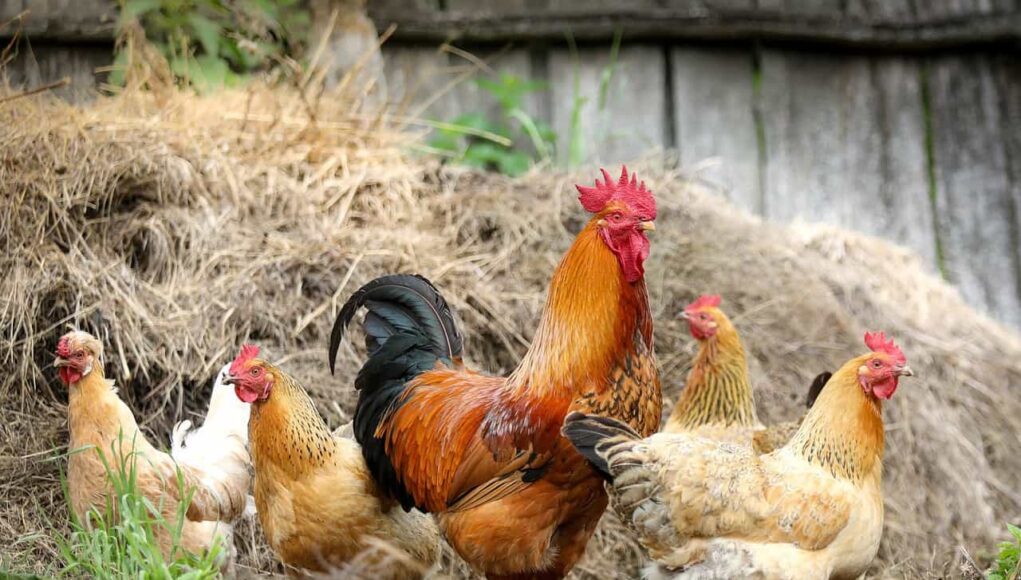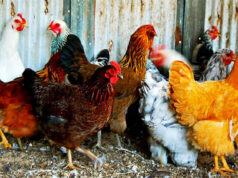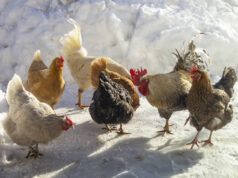Poultry enthusiasts often face a disheartening challenge: recognizing and addressing the signs a baby chick is dying. For anyone passionate about raising healthy chickens, being able to spot the warning signals is crucial.
The well-being of chicks is incredibly essential, especially in the early stages of their life. In this article, we will explore the signs a baby chick is dying and what steps you can take to ensure the health of your little feathered friends.

Common Causes of Baby Chick Mortality
Understanding the reasons why baby chicks might die can help in preventing these unfortunate incidents.
1. Poor Nutrition
A balanced diet is vital for a chick’s well-being. Ensure they have access to fresh, quality feed appropriate for their age.
moldy feed can be harmful and should be avoided.
2. Inadequate Warmth
Chicks need a constant heat supply. Signs a baby chick is dying of cold include huddling together, lack of movement, and peeping loudly.
3. Diseases
Diseases such as coccidiosis and avian flu can be fatal. Regularly monitor for any symptoms.
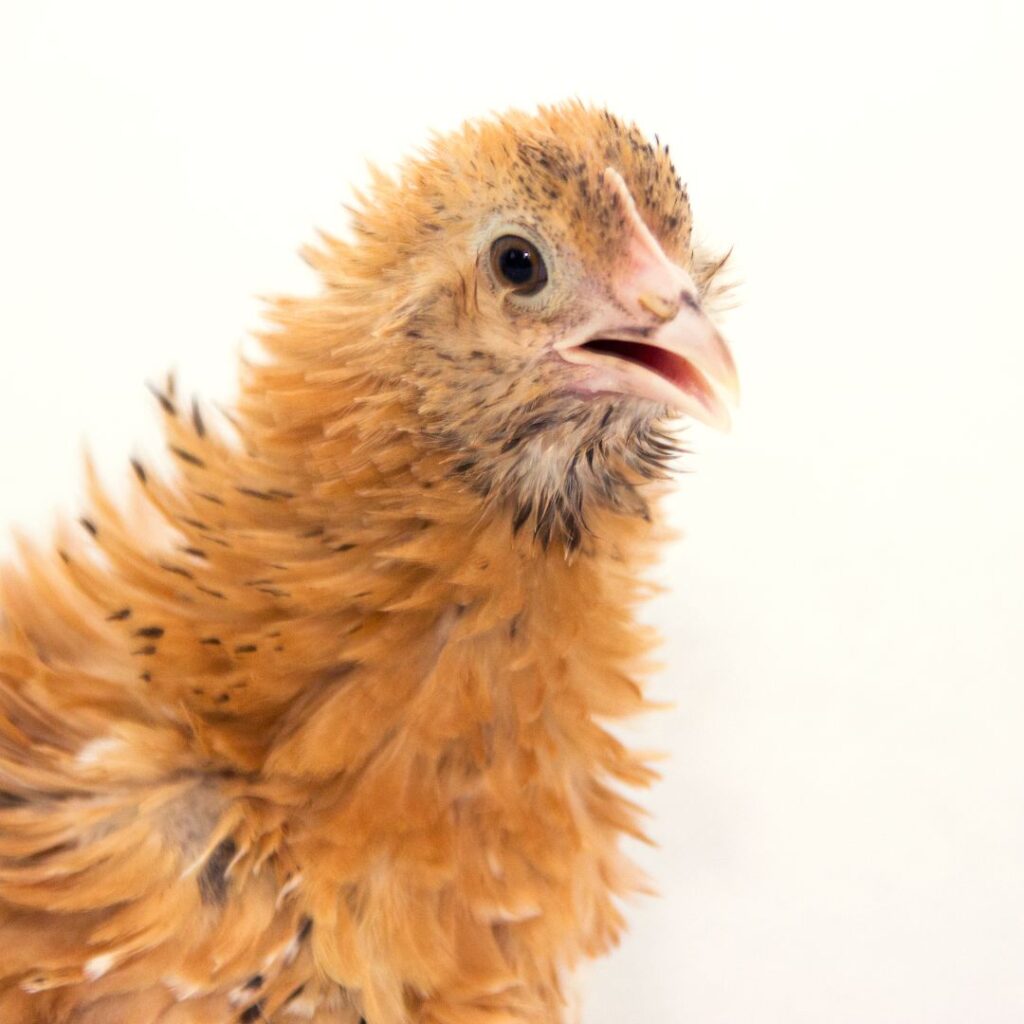
Physical Signs a Baby Chick is Dying
Look for these visible indicators to identify if a chick is in trouble.
Respiratory Distress
If a chick is gasping for air, or breathing with an open mouth, this is a serious concern.
Listlessness
A healthy chick should be active. Lack of movement or energy is a red flag.
Pasty Butt
This condition involves feces sticking to a chick’s rear, obstructing defecation. Treat immediately.
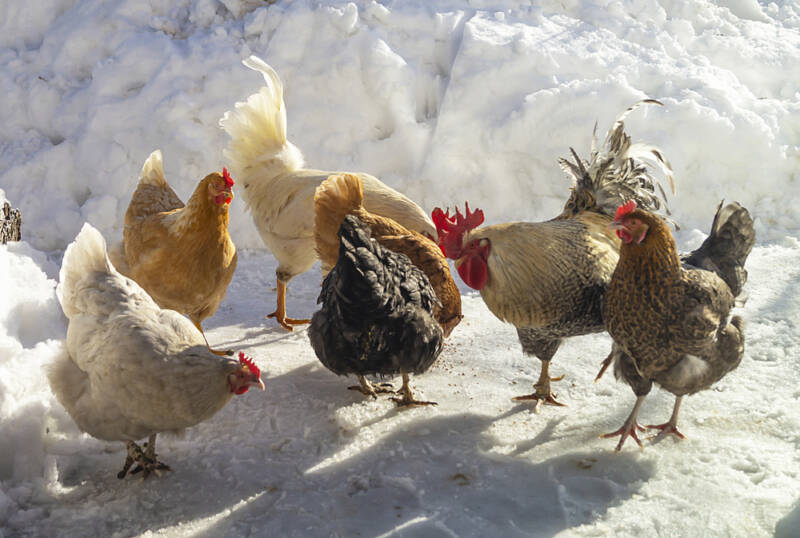
Behavioral Signs a Baby Chick is Dying
Behavioral changes are also significant indicators of a chick’s failing health.
Isolation
Chicks that isolate themselves from the group are likely unwell.
Changes in Eating and Drinking Habits
If a chick suddenly stops eating or drinking, it needs immediate attention.

Preventive Measures
Implementing preventive strategies can drastically reduce chick mortality.
Maintain Proper Hygiene
Keep the brooder and feeding areas clean to prevent disease.
Frequent Health Checks
Regularly inspect your chicks for any signs of illness or discomfort.
Ensure you are aware which breeds require specific care.
Treatment Options
What to do if you notice signs a baby chick is dying?
Isolate the Sick Chick
Separate it from others to prevent the spread of any possible disease.
Consult a Veterinarian
A professional can provide a specific diagnosis and treatment plan.
See the list of common chicken breeds for more information.
Case Studies: Real-Life Examples
Learning from others can offer invaluable insights.
Case Study 1
A poultry farmer noticed respiratory issues spreading among chicks. Quick isolation and veterinary consultation saved most of them.
Case Study 2
Another enthusiast identified pasty butt early, treated it, and saw significant improvement in the chicks health.
FAQs
1. How do I know if my chick is cold?
Look for signs like huddling together, lack of movement, and peeping loudly.
2. What should I do if my chick has pasty butt?
Gently clean the area with warm water and ensure proper hydration and nutrition.
3. Is it safe to use any feed for my chicks?
Always use age-appropriate and high-quality feed. Avoid moldy or contaminated feed.
As an Amazon Associate, I earn from qualifying purchases.
